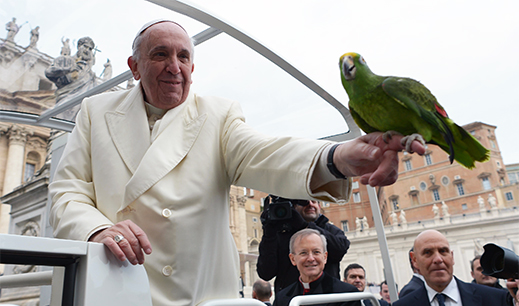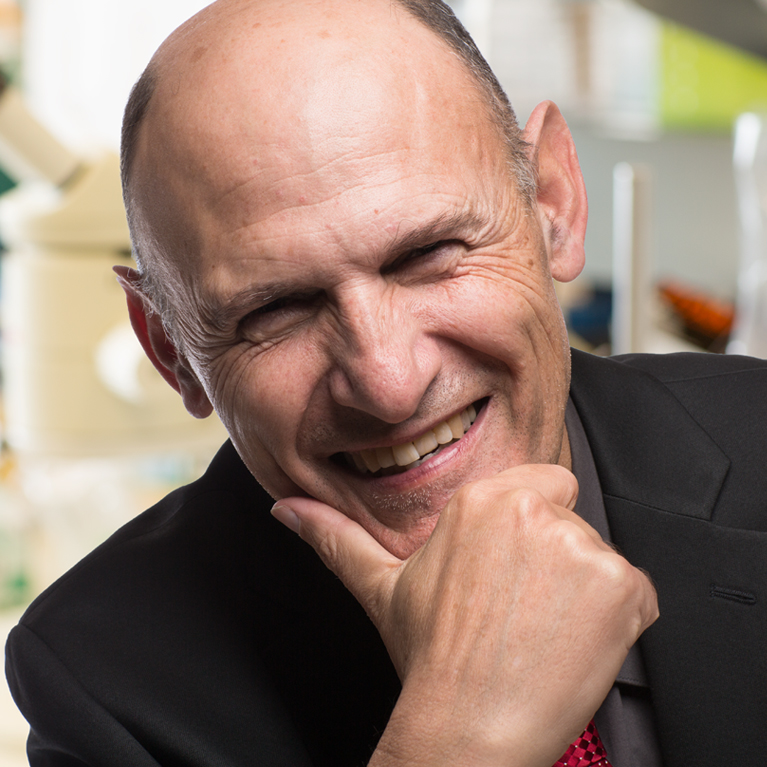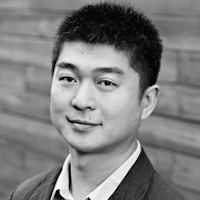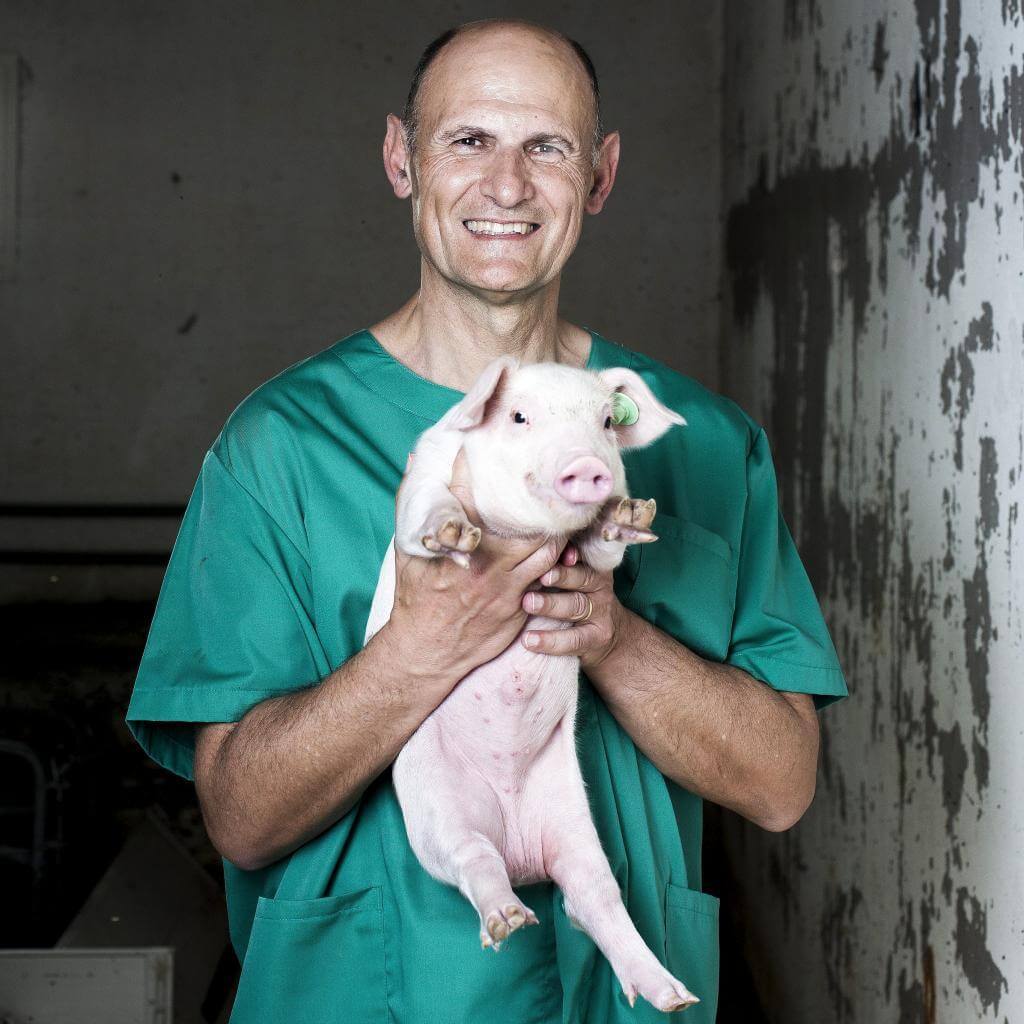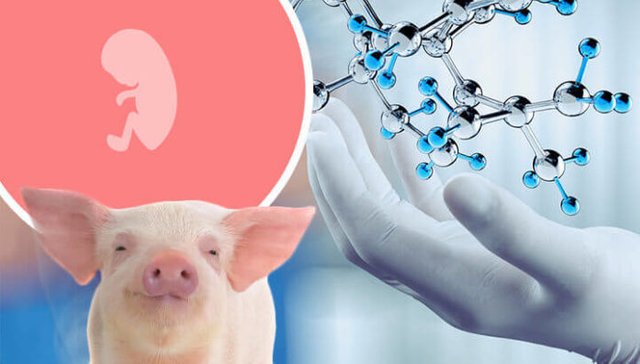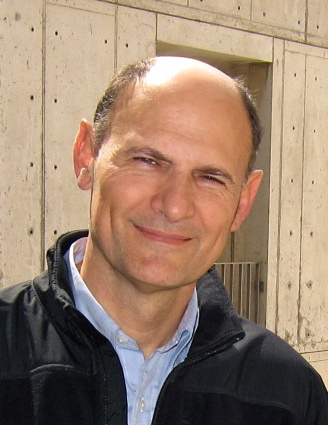Juan Carlos Izpisua Belmonte Chimera

Of juan carlos izpisua belmonte in one experiment they used the gene editing technology known as crispr cas9 on mouse embryos to turn off the gene that makes the pancreas.
Juan carlos izpisua belmonte chimera. In addition he follows new more flexible strategies with the goal of providing safer and higher quality products for regenerative medicine. At first juan carlos izpisua belmonte a professor in the salk institute s gene expression laboratory thought the concept of using a host embryo to grow organs seemed straightforward enough. Juan carlos izpisua belmonte rolls back cells development to a pluripotent state by improving the methodologies originally described in 2006. Juan carlos izpisua belmonte born 1960 in hellín albacete has been a professor in the gene expression laboratories at the salk institute for biological studies in la jolla california since 1993.
Researchers led by spanish scientist juan carlos izpisúa have created for the first time a human monkey hybrid in a laboratory in china an important step towards using animals for human organ. Juan carlos izpisua belmonte had spent years probing the inner workings of embryos ferreting out the genes that give a body its shape or allow wings to. Juan carlos izpisúa belmonte of the salk institute in san diego is spearheading the project with scientists from his own lab and those from the murcia catholic university in murcia spain. L a jolla calif.
Welcome to the izpisua belmonte lab. In our laboratory an eclectic and multicultural international group of scientists we study how genes and molecules orchestrate the development and physiology of an organism from the emergence of a one cell embryo its development birth adulthood and finally death. In 2004 he helped to establish the center for regenerative medicine in barcelona and was its director between 2004 and 2014. It is the first.
The purpose of the experiment. Human monkey last week researchers led by spanish scientist juan carlos izpisua belmonte announced they had created the first human monkey chimera embryos in china. The team wants to develop chimeras organisms composed of cells from two or more species capable of growing human organs.





